This new generation of AI assistants seems to be able to do everything except say “No,” a problem that we will cover soon in an upcoming post.
Generative AI refers to AI applications that can generate original content like text, speech, images, audio, and video. An example is this AI camera that takes pictures without a lens which we covered in a previous post. Now while every enterprise seems to be integrating a ChatGPT-style AI assistant into their toolkit, Salesforce’s new conversational AI aims to improve customer relationships by integrating with your CRM and training itself on your company’s unique data and metadata. Imagine an AI assistant who not only knew everything about your business but everything about every unique customer relationship you had. Wouldn’t that be someone handy around a call center, like a buddy or a mentor who could keep giving out useful advice to staff?
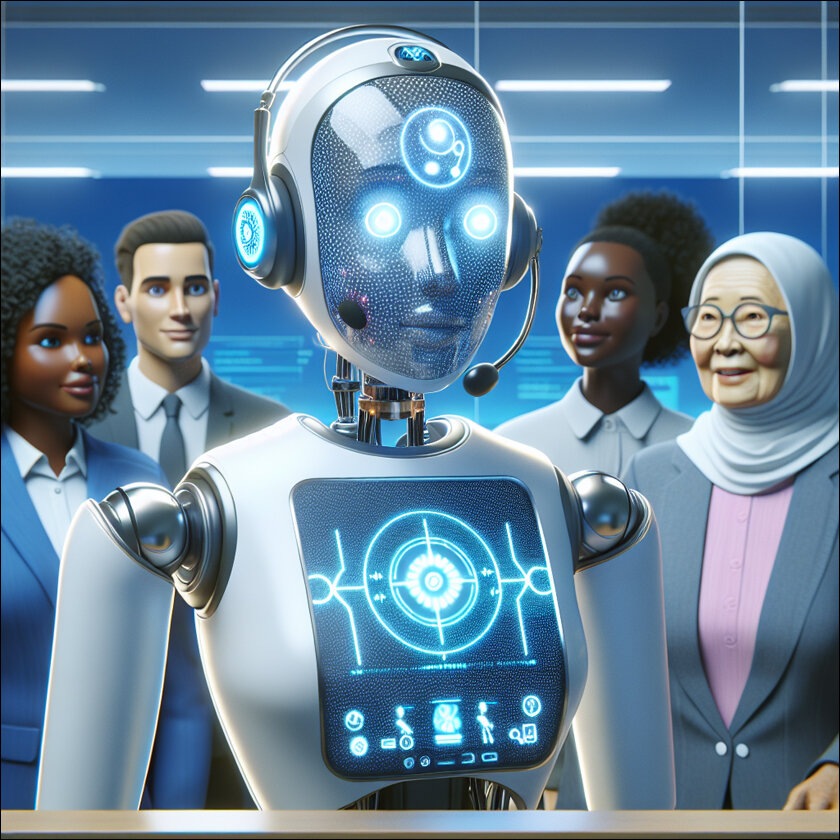
AI in the Office
That’s exactly what Salesforce is aiming for with Einstein Copilot, an intelligent assistant to breathe some life into the very boring world of CRMs. What makes this particular AI assistant stand out is its ability to generate responses for queries related to private data while adhering to governance policies. It comes with several functionalities out-of-the-box including automated responses, multi-step plans, and the ability to up-sell or upgrade customers. This eliminates the need for training AI models from scratch which can be quite a resource-hungry process. Much like ChatGPT, Einstein Copilot can comprehend complex conversations with the extra added value that all responses will be based on company data. It consists of a conversational UI, an LLM, and a reasoning engine that can comprehend the full context of a user’s prompt.
It can also perform or automate tasks on behalf of the user and can be directly accessed from the Salesforce CRM. These tasks may include creating data visualizations, step-by-step guidance, or even drafting custom code. Additionally, Salesforce has adopted a “let them build bots” approach and has empowered users to build no-code Einstein Copilots for themselves. This new offering was launched just a few days ago and is called Einstein 1 Studio. Aimed at admins and developers who would like to integrate generative AI into their CRMs but either don’t have the time or are looking for a more gradual approach, Einstein 1 Studio delivers on both counts with a no-code, customizable AI experience.
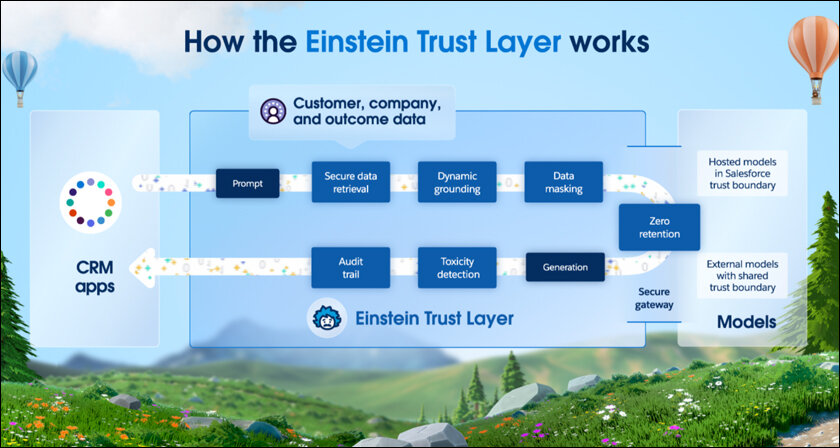
Let them build bots
Einstein 1 Studio comprises the “Copilot Builder,” the “Prompt Builder,” and the “Model Builder.”, While the Copilot Builder allows you to create customized AI actions to suit specific business needs, the Prompt Builder lets you create custom AI prompts, and the Model Builder lets you choose which LLM or AI model you would like to power Einstein Copilot’s functionality. There is also a Skill builder to build custom and complex AI-powered workflows. Security is provided via the Einstein Trust Layer which is built into every Salesforce Copilot solution and ensures compliance with the the help of a safety detector that continuously monitors AI responses. The Einstein Trust Layer also features zero data retention, dynamic grounding, PII detection, masking, and toxicity awareness.
Just a few days ago Salesforce announced Einstein Copilot for the health industry which just goes to show how versatile this AI assistant is. While Microsoft has a different copilot for different applications, Salesforce has just one that can be used across several different fields and enterprises. Similar to how Einstein Copilot for CRMs works, the Copilot for healthcare uses the hospital or health organization’s data and metadata to personalize the patient’s experience. In addition to being able to trigger workflows, book doctor appointments, and perform other tasks, it also allows for quick turnarounds without the need for excessive paperwork and waiting after each appointment, checkup, or test. This not only helps relieve the burden on health workers but also makes for a better patient experience.
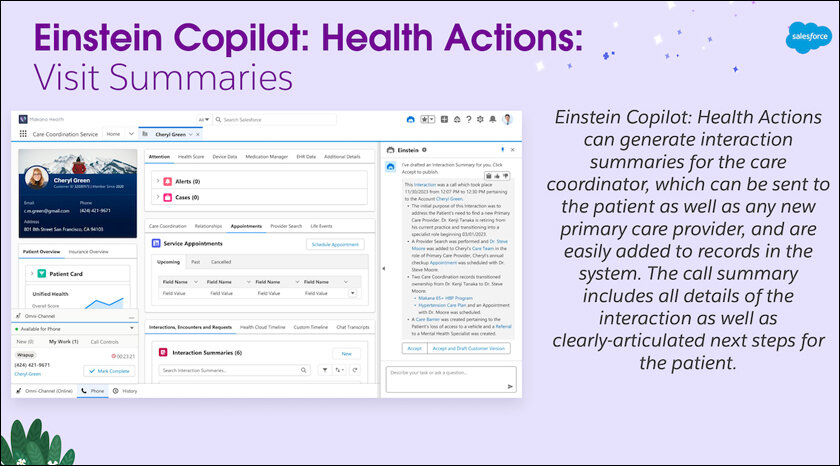
The future of customer service
There’s no doubt that Generative AI is already changing the way industries function in a big way. Gone are the days of clunky IVRs that read out automated messages based on the numbers that you press on the keypad. This new generation of AI assistants seems to be able to do everything except say “No,” a problem that we will cover soon in an upcoming post. In conclusion, it’s exciting to be able to witness Generative AI slowly creep into every single industry while becoming exceedingly adept at handling new challenges unique to each enterprise. It’s also encouraging to see organizations like Salesforce empowering users with no code or low code solutions to build their own business-specific Generative AI models, much like the one Salesforce just launched for the healthcare industry.
In case you missed:
- Netflix replaces its game developers with AI
- DeepSeek’s R1 upgrade takes on GPT-4 with some “rumoured” help from Gemini’s brain!
- AI Uncovers Thousands of Potential Psychedelic Compounds!
- NVIDIA just dropped “ACE” at CES 2025: Truly intelligent NPCs coming soon!
- DeepSeek’s AI Revolution: Creating an Entire AI Ecosystem
- AI’s Inner Demons: Hallucinations or just a look in the Mirror?
- NVIDIA’s Isaac GR00T N1: From Lab Prototype to Real-World Robot Brain
- CES 2025: NVIDIA’s Cosmos Just Gave Robots a ‘ChatGPT Moment’!
- India’s First Paid Chip Prototype: Kaynes Fires the Starting Shot
- How AI Is Helping Restore the World’s Coral Reefs

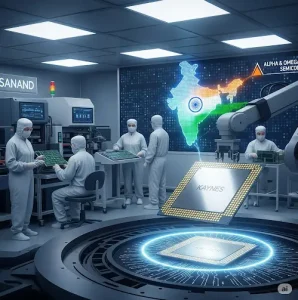


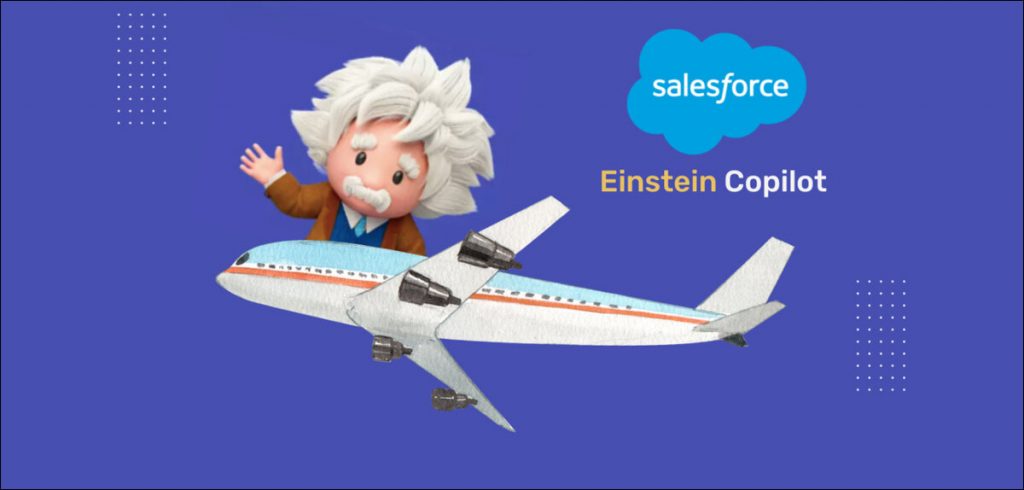

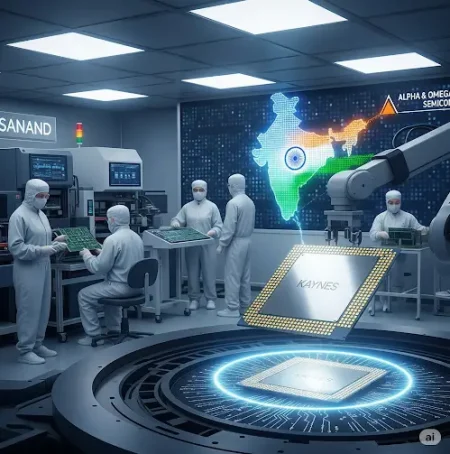




1 Comment
Hi there, all is going sound here and ofcourse every one is sharing data, that’s truly good,
keep up writing.